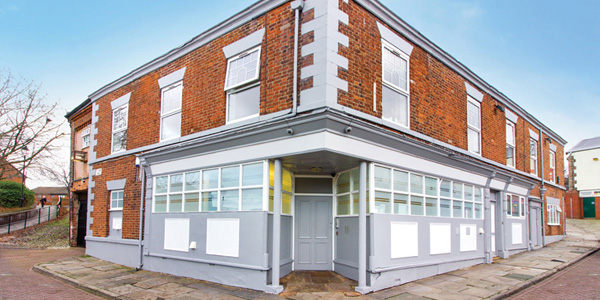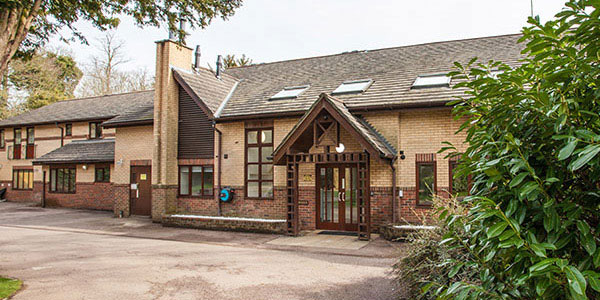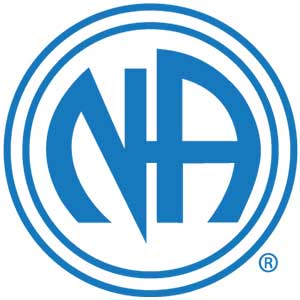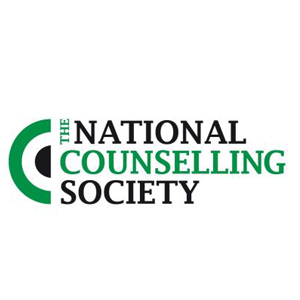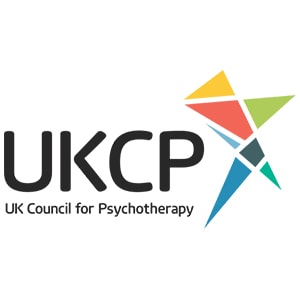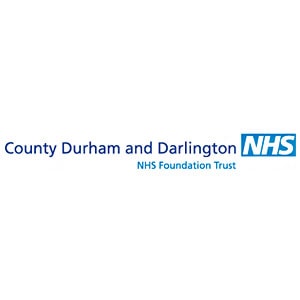Alcohol & Drug Rehab in Durham City
Though it may not be obvious to any of the tourists passing through Durham and the surrounding area each year, as with every other corner of the country an addiction epidemic is bringing individual tragedy and collective strife to the homes and streets of this historic city.
With alcohol, illegal drugs – with a savage explosion of new psychoactive substances such as spice wreaking havoc alongside that caused by more traditional toxins such as heroin and cocaine – and prescription medicines all taking their toll, the prospects for many Barnstable residents look increasingly grim.
However, the picture is not all bleak: across the UK there is growing expertise and an array of new treatment facilities aimed at turning back the addiction tsunami, and if you or a loved one have been caught up in the wave that helps could mean the difference between life and death. Read on to discover how rehab can help you survive and thrive.
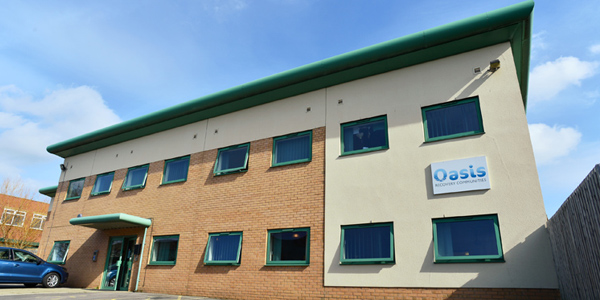
Built in 2009, Oasis Bradford was originally commissioned by the Department…
- Private
- 24/7 Nursing
- 24/7 nursing
- Residential
Featured Rehabs
Oasis Runcorn is quite unique detox and rehab unit in offering two treatmen…
Liberty House Clinic is a fully furbished detox and rehabilitation facility…
Banbury Lodge is a private UKAT rehab facility based in Banbury, Oxfordshir…
-
- 12 Step
- Group Setting
- Free
- Outpatient
-
North Road Methodist Church
28 North Road
Durham
DH1 4SG
Meeting Forma0 review- 12 Step
- Group Setting
- Free
- Outpatient
-
0 review
- Outpatient Option
- Private
- One to One
- Outpatient
-
0 review
- Outpatient Option
- Private
- One to One
- Outpatient
-
- Outpatient Option
- Private
- One to One
- Outpatient
- Load More
Drug & Alcohol Rehab Services in County Durham
- A
- B
- C
- D
- E
- F
- G
- H
- I
- J
- K
- L
- M
- N
- O
- P
- Q
- R
- S
- T
- U
- V
- W
- X
- Y
- Z
What Is Rehab?

Residential rehabilitation – “rehab” – is the name given to addiction treatment provided on-site at a dedicated facility, as well as to the facility itself. Rehab is typically set in spacious, pleasant surroundings in which patients feel able to focus wholly on the recovery process; furthermore, as these facilities are completely confidential, patients need not worry about details of their condition and treatment becoming known to the outside world.
Rehab provides addicts with a holistic approach to treatment, beginning with a detoxification (“detox”) phase (potentially involving medication to ease the withdrawal process) and subsequently involving a period of therapy aimed at uncovering the root causes of their addiction, and at providing patients with defence mechanisms against relapse.
Because of this bilateral approach to treatment – addressing both physical dependency and the longer-term challenges of psychological addiction – there is a broad consensus that rehab is the most effective approach to addiction treatment, in terms of providing patients with the greatest chance of enjoying a permanent recovery.
How Can I Get Someone into Rehab?
Addiction ruins lives, and the sooner an addict can take the first crucial step and reach out for help, the sooner they can be on their way to rehab and recovery. While the NHS provides a good selection of services, including rehab, places tend to be limited and waiting times are often lengthy at best (and can be catastrophically long).
If you or a loved one are desperate for help, you may not wish to waste another second contacting an addiction specialist to explore some of the private options available to you: call 0800 024 1455 now.
Advantages of Private Rehab
While specific details and options will of course vary from one rehab to the next, the process of treatment is similar across facilities. Upon entering rehab, an addict will be assessed by a medical team looking to establish their physical and mental condition and the true extent of their addiction.
Following this assessment the addict will embark upon the process of detoxification (“detox”) monitored and assisted by highly trained and experienced medical professionals providing round-the-clock care in order to make the process of detox, and the experience of withdrawal, as safe and as comfortable as possible (perhaps via the administration of certain medications).
Once detox is complete, the patient is able to move through the therapy phase aimed at uncovering the original causes of their addiction and subsequently providing them with psychological defences against relapse. Throughout their stay the patient will be given bespoke dietary and fitness plans – based on “healthy body, healthy mind” – and will also benefit from rehab’s peaceful, secure, pleasant and confidential setting in which they can focus entirely upon the recovery process and their journey of self-awareness.
At the end of a stay in rehab, patients will leave the facility – but it would be a mistake to think that this implies that recovery is complete. Recovery is a lengthy – often lifelong – process with a host of intense challenges around every corner, requiring constant commitment and dedication if the recovering addict is to remain free from substance abuse. Good rehabs will offer up to a year’s free aftercare as standard.
What Does Rehab Cost in Durham?
The cost of private rehab in or near Durham can vary significantly by treatment programme and depending on which of a variety of optional extras are selected. As a rough guide, standard costs range from between £5,500 and £11,000 per month, though the cheapest rehab treatment can start from as little as £834 per week. For more details, call 0800 804 4755.
Durham City NHS Addiction Treatment
If you feel that private rehab is currently not an option for you for reasons of cost, or if you do not feel that you are able to spend the required time away from family and/or work obligations, do not despair: various NHS and charity resources can be found in Durham and across Tyne & Wear which can help you combat your addiction. Consult your GP about which of these resources may be available to you and would be most appropriate for your specific situation.
Advantages of NHS Treatment
The most obvious advantage of going by the NHS for addiction treatment is that it will be free at the point of use; as noted above, the potential cost of private rehab discourages some addicts from seeking treatment in that way (though it should be noted that compared with the costs of continuing with an addiction, this may be viewed as a minimal investment).
Another advantage the NHS offers is its geographic reach which makes facilities comparatively very accessible (though waiting times, again, can be distressingly excessive). Quality is also a factor though this varies from trust to trust.
Addiction Support Groups
Several organisations exist across the country to aid recovering addicts, and some of these operate a support group model. Support groups are groups of individuals who are themselves recovering addicts – some only recently free from addiction, while others may have been clean for many years.
Here, they come together at regular meetings to give and take mutual support: sharing their stories of addiction, giving advice on how to resist relapse, showing solidarity and sympathy when group members are struggling, and providing the simple companionship which can mean so much in times of difficulty and loneliness.
Support group attendees can come from all walks of life, brought together by their shared experience of addiction and recovery; typically, attendance at support groups is free and the only qualification for participation is a commitment to leading a life free of substance abuse.
The most famous support group organisation, and the one on which most others are modelled, is Alcoholics Anonymous (AA) which was founded in 1935 and runs on a 12-step programme of personal and spiritual development, with one of the steps being a recognition that a higher power – such as God – can assist with an alcoholic’s recovery.
Narcotics Anonymous (NA), founded in 1953 and based directly upon the AA model, is the second-largest support group organisation worldwide and caters to recovering drug addicts specifically. In a similar vein, but supporting those recovering from addictions to specific substances, are Cocaine Anonymous (CA), Heroin Anonymous (HA), Marijuana Anonymous (MA) and Crystal Meth Anonymous (CMA), all of which operate 12-step programmes.
There are also support groups such as Al-Anon and Nar-Anon assisting the families and friends of addicts which typically hold meetings alongside those for the addicts themselves. Support groups typically meet weekly, though each local chapter is managed independently, and meeting times and venues are subject to change.
To find information on meetings in or near Durham City, see the relevant websites: Alcoholics Anonymous
, Narcotics Anonymous; Cocaine Anonymous; Heroin Anonymous; Marijuana Anonymous; Crystal Meth Anonymous.
Types of Counselling

One option which may be of interest to extremely busy people is individual counselling. Private addiction counsellors work like regular psychotherapists and provide a broad variety of different therapy models; they can be found throughout the country, and typically charge by appointment with those appointments usually taking place on a weekly basis.
Individual counselling can be especially useful for those who have completed a treatment programme at rehab and who are seeking supplementary aids to recovery alongside, for example, attendance at a support group; and also for people who have not yet been to rehab but who seek help managing an addiction prior to taking that step.
How to Get to Oasis Recovery from Durham
Oasis Recovery is a unique and pioneering detox and rehab centre located in the heart of Bradford in a quiet secure location perfect for those struggling with addiction. Spacious and tranquil, Oasis Recovery’s highly skilled medical and support staff, and its excellent infrastructure, mean it can facilitate all manner of medical detoxes, including complex detoxes and those who require a higher intensity of medical care.
Oasis Recovery boasts 19 en suite bedrooms – furnished to a very high standard – with walk-in showers, disabled facilities, large communal living areas, well-equipped treatment rooms, outside courtyard, and holistic spa jacuzzi. The medical team provide close monitoring of all patients throughout the day and night, while patients can also undergo structure therapeutic treatment alongside any medical detox which may be necessary.
To get to Bradford from Durham, take the A690. Merge onto the A1, and continue onto A1(M) and then the M1; at junction 42 join the M62 towards Manchester/Bradford. At junction 26, take the M606 exit and stay on the motorway until junction 3, at which point take the A6177 and then the A641/Manchester Road; then follow signs to the city centre.
Oasis Recovery
21a Bolling Road
Bradford
BD4 7BG


